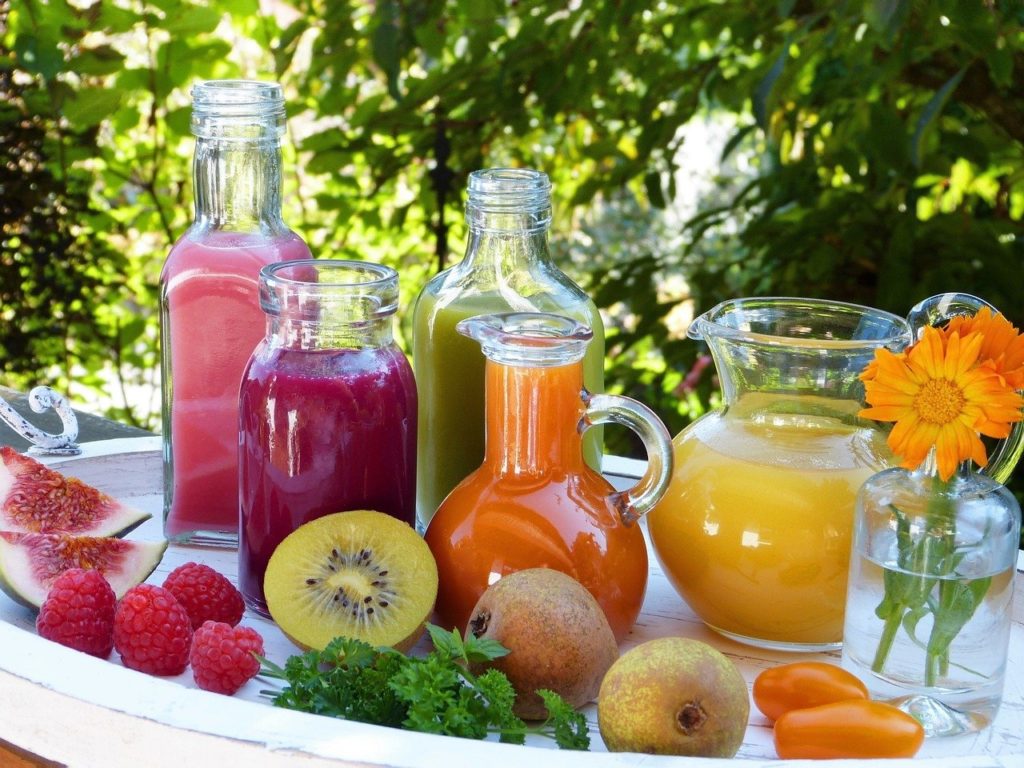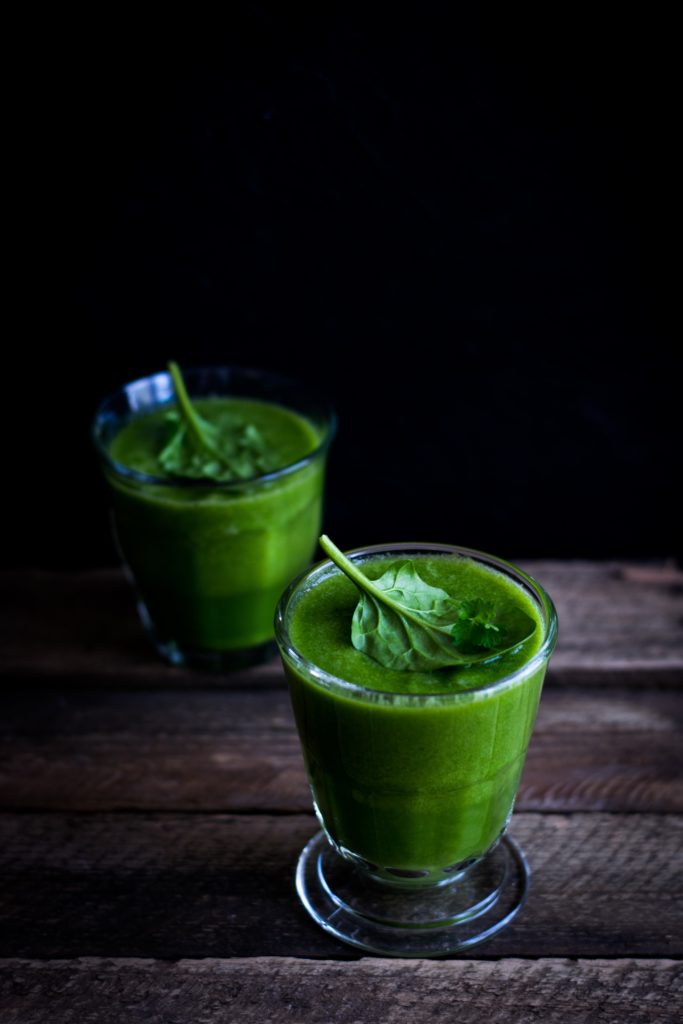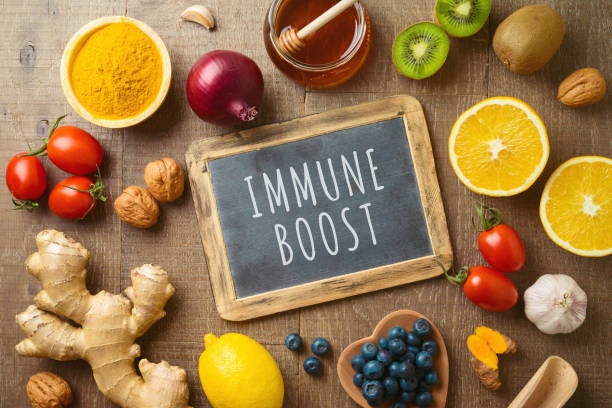The immune system is the natural body defense mechanism against disease-causing microorganisms.1 The immune systems comprise cells, tissues, and proteins that help the body fight infections.2
Infectious diseases emerge every day. Therefore, you need an ever-strong immune system for a quick immune response to prevent disease from intruding into the body.
The immune system records previous microbial attacks to destroy them if they re-enter the body. The body’s immunity also functions on a mechanism that helps it separate healthy cells from diseased ones.3
Find here 15 simple ways for a healthy immune system.
Ways to boost your immune system
1. Nutritional supplements
A healthy diet is the most preventive medicine you can have. Therefore, you should take supplements for nutrients and minerals missing in your diet.
Take supplements like Zinc, iron, selenium, vitamin B12, A, B6, folate, copper, and many more.
Add sunflower seeds to your diet for natural Zinc and selenium and added benefits. Seek medical advice before you take any food supplement.
2. Dump bad fats for good ones
To eliminate fats from the diet for healthy weight loss is not scientific. Fats are the fuel of the body. All you need to do is to replace bad fats with healthy ones. Use olive oil, vegetable oils, and coconut oil.4
You may also use seeds and nuts with high levels of Omega-3fatty acids and good fats.
3. Manage stress
According to an international journal, chronic stress increases the level of cortisol hormone in your system. Cortisol suppresses the immune system cells making them weak to fight infection.5,6
You will not have a compromised immune system by reducing stress effectively.
4. Eat a whole plant diet
A healthy diet of fruits, nuts, vegetables, seeds, legumes, and whole grains is rich in essential nutrients, vitamins, and antioxidants. These antioxidants reduce free radicals in the body and fight inflammation.7,8,9,10
Your immune system cells and tissues also require vitamins and nutrients supplied from these foods.
5. Eat lots of fruits and vegetables

Fruits are high in beta carotene, antioxidants, and essential minerals, which have anti inflammatory effects on the body.11
You should prefer Citrus fruits because of their high content of vitamin C, which helps in collagen formation and the maintenance of bones and cartilage.12
Vegetables are rich in vitamins and anti oxidative properties that help cells and tissues of the immune system. 13,14
The alkalinity content of green leafy vegetables and fruits helps the body reduce acidity and acid reflux.
6. Spice up your food to boost the immune system
Foods rich in minerals, vitamins, and powerful antioxidant properties improve overall health and immune health. These spices contain anti inflammatory properties boosting the body’s ability to fight infections.15
Spices like cinnamon, cumin, ginger, garlic, clove, and oregano contain antifungal, antiviral, and antibacterial properties, which help improve the function of immune cells.15,16,18
You can use several or one of the spices in different cooking methods for taste and proper nutrition.
7. Probiotics
You can get probiotics in fermented food or in supplement form. These foods help supply your system with healthy bacteria for a healthy gut.19
Healthy gut bacteria protect from harmful microorganisms that may enter the body through the gut. More research is required to affirm the relationship between probiotic foods and body immunity.20,21
8. Drink a lot of water
More than 70% of our body is water.
A systematic review states that you should drink up to 30% of your body weight. So it’s not an arbitrary rule to be met by every individual every day. 22
Factors that determine the amount of water intake include:
- The individual’s activity: hard labor will require more water intake than average.
- Condition of the environment: you can’t take the same amount of water in summer and winter.
- Health condition of the individual: when you are sick, you will need a lot of water as more is lost through vomit, diarrhea, or fever.
- Age and sex: the physiology of males is different from females and the young and the old.
The more your body is hydrated, the stronger your immune system functions. But, you may ask, what is the relationship between the two entities? The immune system comprises cells and tissues that require water to carry out normal physiological processes.
A significant percentage of lymphatic fluid is made up of water. So staying hydrated improves your body’s defense mechanism.
Furthermore, drinking plenty of water keeps the normal functions of the kidneys, heart, gastrointestinal tract, and other organs in the body.
9. Regular exercise
Health and physical activity complement each other. Physical activity improves the flow of blood and the lymphatic system besides other health benefits.
Studies show that simple exercise like 30 minutes of brisk walking can improve your body’s immunity and give you good health.
When you exercise, you will release some toxins from the body through sweat. Physical exercise also helps curb chronic issues like high blood pressure and heart disease.
Ensure you do your workouts in outdoor air for a sufficient supply of fresh air in the body.23,24
10. Get enough sleep to boost the immune system
Get at least 7 hours of sleep every night for general well-being.
Whatever happens in the body when you sleep is a mystery. But, just like in creation, God worked on the man while asleep, and so does He work today.
When you get adequate sleep of 7-8 hours with 2-3 hours before midnight, the body regenerates.
There are healing processes and health benefits unknown to man during sleep.25,26
11. Drink green juices (green vegetables)

Why do you need raw vegetable juice? Because they contain water-soluble vitamins A, D, E, and K. These vitamins evaporate during cooking.
Twice a week, make sure you take a glass of purely green juices. These can include broccoli, kales, cucumber, celery, spinach, and green vegetables. These vegetables contain certain types of nutrients that you can only get when you take them raw.
12. Take lots of green tea to boost the immune system
Chlorophyll-a in green plants is proven to help in boosting immunity. The green matter helps make the body system alkaline and can reduce inflammation.
In non-acidic conditions, disease-causing microbes can’t thrive. In addition, some phytochemicals and antioxidants are in fruit leaves.
Herbal green tea is easy to prepare and will hardly take 10 minutes. First, take the leaves of 7-8 different fruits such as Mangoes, Guavas, Orange, Lemon, Pomegranates, and more. Then you add the leaves of lantana, Lemongrass, and Rosemary.
Procedure
Boil clean water
Then wash all the leaves that you collected (make sure they are freshly collected)
Add all the leaves at once in the boiling water and let it simmer for 5 minutes
Take the whole pot off the stove while the water is still green.
Note: Please don’t boil the leaves until the water becomes iodine brown
Sieve it in a clean water jar, and then let that be your drinking water every day.
13. Do frequent water therapies, especially hot footbath
Did you know that white blood cells are concentrated in the palms of the hands and soles of the feet? Through a hot footbath, the body’s blood circulation will be invigorated. White blood cells in the sole of the feet will be distributed in the body to help fight germs.
The heat during a steam bath or hot footbath can help you prevent colds.
14. Remove sugar and aspartame from your diet
When you consume processed foods and refined sugar, your immune system is weakened by not less than 5%. Sugar intake makes your system acidic; thus, you become susceptible to diseases. Excess sugar in the body also acts as bacterial and fungal media, helping them thrive in your body.27,28
Refined sugar and processed foods increase body cholesterol and other unsaturated fats, leading to many chronic diseases.
When you take in sugar, there is a production of tumor necrosis alpha (TNF-α), an inflammatory protein that negatively affects the body’s immune function. 29
Carbonated drinks, according to research, have no nutritional value for your body.
15. Avoid (if possible) all animal-based diets
On every hand, you hear of the many diseases due to animal consumption. Animal products have lots of fats that are not safe for the body. Furthermore, all your body needs are in the plant materials in the safest condition.
Today, animals have many diseases that can be contracted by eating their flesh.
Everyone says it’s better to go for white meat instead of red, but the effects worsen. Research showed high mercury content in fish that is harmful to humans.
Even in Chicken, the skin has a lot of fats that are high in cholesterol. If you reduce your meat consumption, you will curb cholesterol deposits in the body lowering blood pressure.
16. Don’t drink alcohol
Alcoholic beverages are high in sugars that affect the immune system. According to peer reviewed studies, alcohol consumption cause inflammation and chances for other illnesses.
Current evidence shows that alcohol has several negative effects on the immune system and body health.
17. Personal hygiene
Wash your hands frequently to avoid over-exposure to harmful microorganisms. According to Healthline media sources, hygiene is the body’s first defense and may help fight diseases.
Which vitamins boost the immune system?
These essential vitamins should not miss in your daily diet.
Vitamin C
The human body doesn’t produce or store vitamin C. You need a daily supply of this single vitamin that the body cannot store.
Studies show that vitamin C is essential for boosting immune responses. Lack of vitamin C in the body causes viral infection and difficult wound healing.30,31
Unless advised by your healthcare professional, you don’t need vitamin C dietary supplements because it’s abundant in fresh fruits and vegetables.
The best sources of vitamin C are grapes, oranges, strawberries, spinach, and broccoli. Ensure you incorporate these foods into your diet for a daily supply of vitamin C
Vitamin E
Vitamin E is a fat soluble vitamin essential for boosting body immunity. According to research, vitamin E has potent antioxidant properties that help the body against viral infections.
Meta analysis studies show that Vitamin E improves immune response reactions in fighting microorganisms.32,33
Foods rich in vitamin E include leafy green vegetables, seeds, and nuts.
Vitamin B6
Vitamin B6 helps support the biochemical reactions in the immune cells to attain immune response. Its found in foods like chickpeas and some green vegetables.34,35
Vitamin D
Immune system medically reviewed studies show that vitamin D plays an important role in boosting immunity. It helps suppress T cells proliferation to support immune health. It also blocks the secretion of immunoglobin and B cell differentiation. 36,37
Research shows that Vitamin D3 is the best type of vitamin D for immune boosting.38
You can get vitamin D from the morning sunlight and green leafy vegetables.
What are the signs of a weak immune system?
- Delayed wound healing: Due to a weak immune system, the inflammation in the body will slow the rate of wound healing. With an intense immunity, wounds heal in short periods.
- Skin infections: The skin is the body’s first defense from pathogens. When you have a weak immune system, the skin barrier is broken, and you will develop frequent infections, skin rashes, and dry skin. A robust immune system will keep your skin healthy.
- Frequent upper respiratory tract infections: There are two to three times that most people develop a common cold in a year. Infections during the cold and flu season are okay, but the frequent common cold is a sign of compromised immune health.
- Digestive problems: Frequent digestion problems that signify weak immune function are constipation, diarrhea, excessive gas, and bloating.
- Fatigue: Studies show that individuals with a weak immune system often feel tired without strenuous physical work.
- Slow growth and development: Children with weak immune system function will have a slow growth rate and delayed development of several vital organs.
- Autoimmune diseases: In autoimmune diseases, the body’s immune system becomes overactive and has abnormal immune responses. A weak immune system will fight its immune cells, causing autoimmune diseases.
What causes a weak immune system?
- Lack of enough sleep
- Chronic infections
- Lifestyle diseases like cancer and diabetes
- Lack of proper nutrition
- Over (obesity) or underweight (malnutrition)
- Anxiety, stress, and depression
- Lack of vitamin D in the body
- Certain medications like immunomodulators inspired drugs.
- Smoking and consumption of alcoholic beverages
- Refined sugar and artificial sweeteners
- High fat containing diet
- Insufficient oxygen due to prolonged indoor air
Summary
According to Harvard medical school publication, the desire to have a more robust immune system is in everyone but the ability seems elusive in the long term.39 The reason is that nobody put into practice the information received.
Above are 15 ways to boost your immune system naturally within your reach and factors that work against your immune system function.
The information you now have from scientific references and Healthline media sources will help you attain a healthy immune system. The immune systems work as a unit, and any damage on one part replicates on the other.
Lifestyle choices can easily compromise the human immune system; however, you may boost your immune system with healthy living strategies and natural remedies.


Pingback: Top 17 Alkalizing Foods that will Reduce Your Body Acidity | GILEAD THERAPY
Pingback: 7 Home Remedies for Flu and Common cold | GILEAD THERAPY
Pingback: 17 Alkaline Foods to Curb Body Acidity | GILEAD THERAPY
Pingback: How to treat allergies naturally without medicine | GILEAD THERAPY
Pingback: How to cure tonsillitis fast without drugs | GILEAD THERAPY
Pingback: What are the 8 natural remedies? | GILEAD THERAPY
Pingback: What are the 10 positive lifestyle choices? | GILEAD THERAPY
Pingback: 7 ve Home remedies for tonsils | GILEAD THERAPY
Pingback: Home remedies for herpes simplex virus | GILEAD THERAPY
Pingback: Natural remedies for herpes Infection | GILEAD THERAPY
Pingback: Heartburn home remedies | GILEAD THERAPY
Pingback: 22 effective home remedies for dry cough | GILEAD THERAPY
Pingback: Infectious diseases-an overview | GILEAD THERAPY
Pingback: 12 Home remedies for gout pain | GILEAD THERAPY
Pingback: 17 Home remedies for fungal infection | GILEAD THERAPY
Pingback: 11 risk factors for breast cancer? | GILEAD THERAPY
Pingback: How to Live Longer: 49 ways to increase longevity | GILEAD THERAPY